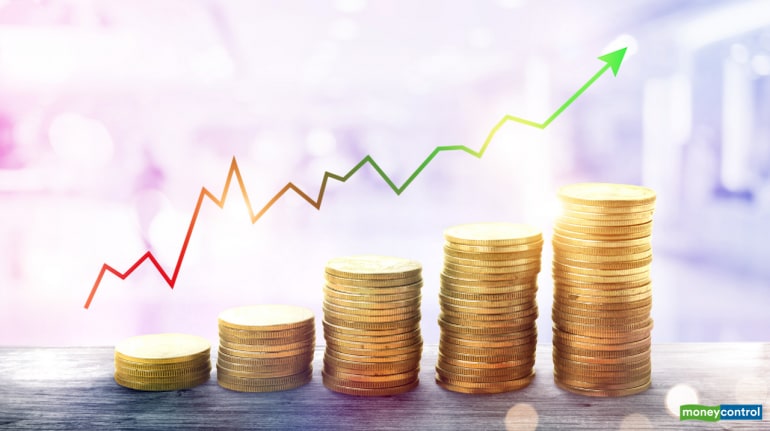We are still in the early days of ESG investing in India. But interest in the space has definitely been increasing and mutual fund companies have realized that.
Viram Shah
Over the past decade, investors across the world have increasingly started taking into consideration the non-financial impact of companies that they invest in. One demographic that has led this trend is the millennials. According to a 2006 study called the Cone Millennial Cause Study, millennials are more likely to trust a company or purchase a company's products when the company has a reputation of being socially or environmentally responsible. Half of those surveyed are more likely to turn down a product or service from a company perceived to be socially or environmentally irresponsible.
Overall, this emphasis on the societal impact of a company has led to the popularisation of a new way of investing called ESG investing.
What exactly is ESG investing?
ESG stands for Environmental, Social, and Governance. ESG investing refers to a class of investing also known as sustainable investing. The goal for an ESG investor is to seek financial returns along with a positive long-term impact on society and the environment.
ESG are three central factors in measuring the sustainability and ethical impact of a company. Environmental factors determine a company's impact on the environment and focus on waste and pollution, resource depletion, greenhouse gas (GHG) emissions, deforestation, and climate change. Social factors look at how a company treats people and focuses on employee relations and diversity, working conditions, local communities, health and safety, and conflict. Governance factors take a look at corporate policies and how a company is governed.
How can one invest in ESG funds in the US markets?
Today ESG investing is estimated at over $20 trillion in AUM or a quarter of all professionally managed assets around the world.
Over time ESG investing has evolved from funds that simply screened out undesirable companies like polluters or sellers of tobacco to strategies that apply a matrix of sophisticated screens to assess the best and worst players in every industry and actively seek to have a positive impact in many ways.
What started with a few ESG specialist firms has now become so widespread that nearly every reputed asset management company has multiple ESG funds. There are a total of 350 ESG funds and ETFs available in the US. Vanguard offers two ETFs called ESG US Stock ETF (ESGV) and ESG International Stock ETF (VSGX). Combined these ETFs have an asset base of $2 billion.
Additionally, Vanguard also offers an actively managed mutual fund called Global ESG Select Stock Fund that includes 40 – 50 stocks in its portfolio.
Some of the global companies that are included in these funds are Microsoft, Merk & Co, Starbucks, DBS Group, TSMC, and Starbucks.
How is India poised in terms of ESG investing?
India is still in the early days of ESG investing. But interest in the space has been increasing. There are a couple of mutual funds that have launched ESG funds in recent times such as the Axis ESG fund and the SBI Magnum Equity ESG Fund.
One of the challenges with ESG investing in India is that finding companies that score well on the environment and governance standards can be difficult. As we have seen with the banking sector fiascos, even large listed companies face governance issues. Further, environmental impact is often overlooked when making key business decisions.
The impact of COVID-19 on ESG investing
COVID was the first big test for ESG supporters across the world and data seems to indicate that it passed the test with flying colours.
Across Europe, sustainable funds saw 30 billion euro invested in the first three months of 2020, compared with outflows of 148 billion euro across European-based funds overall. Redemptions of 3.9 billion euro from ESG funds in March turned into inflows of almost 12 billion euro in April. Furthermore, according to research published by BlackRock in May, sustainable strategies have outperformed during this period of intense volatility, with 94 percent of a globally representative selection of widely-analysed sustainable indices outperforming their parent benchmarks in the first quarter of 2020.
Now even Indians can participate in ESG investing and invest in sustainability. With direct investing in the US markets now possible via several platforms, one can open a brokerage account in the US and invest in ESG funds.
The author is CEO and Co-Founder at Vested Finance.
Disclaimer: The views and investment tips expressed by investment expert on Moneycontrol.com are his own and not that of the website or its management. Moneycontrol.com advises users to check with certified experts before taking any investment decisions.





